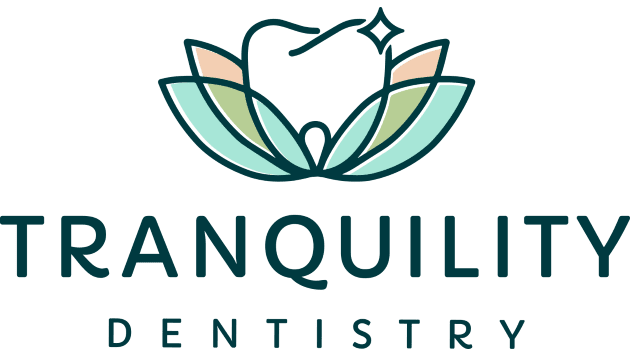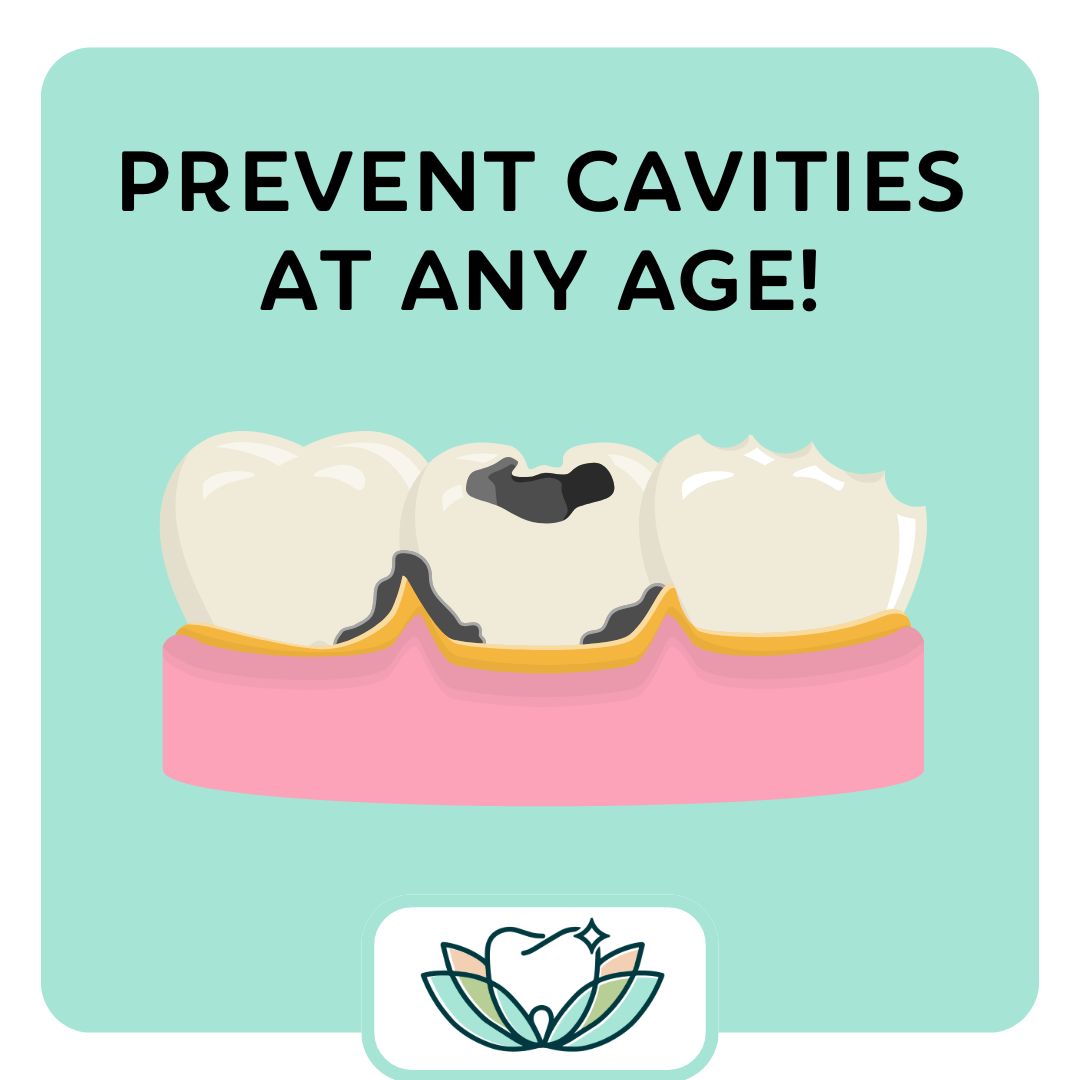
How to Prevent Cavities at Every Age: A Family Guide
Preventing Cavities at Every Age:
Cavities are a common dental issue that can affect anyone, from toddlers getting their first teeth to adults with a lifetime of dental habits. Fortunately, preventing cavities is possible at every stage of life with the right oral care practices and a healthy diet. This guide will provide tips for families on how to prevent cavities for all age groups, including toddlers, children, teenagers, and adults.
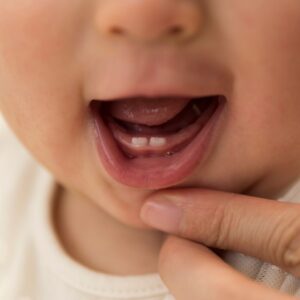
Even though a toddler’s teeth are just starting to come in, they are still vulnerable to cavities. Baby teeth play a crucial role in speech development, chewing, and holding space for adult teeth. Therefore, it’s important to begin good oral hygiene practices as soon as your child’s first tooth appears.
Brushing:
- Start brushing your toddler’s teeth as soon as they emerge, using a small, soft-bristled toothbrush with water or a tiny smear of fluoride toothpaste (about the size of a grain of rice).
- Brush their teeth twice a day, especially before bedtime.
Flossing:
- Once two teeth are touching, begin flossing to remove plaque and food debris between the teeth.
Dietary Tips:
- Avoid putting your child to bed with a bottle of milk, juice, or formula, as the sugars in these liquids can pool around their teeth and lead to “baby bottle tooth decay.”
- Limit sugary snacks and drinks, and introduce healthy snacks like fruits, vegetables, and cheese.
- Give your child water between meals to help wash away food particles and sugars.
- Babies that are breastfed can still develop cavities from breast milk, due to the lactose. The biggest risk of cavities comes from breastfeeding while co-sleeping, as sometimes your baby might have a few feeds overnight, exposing their teeth to lactose for a long period every night. The best way to avoid cavities is to give your baby a big feed and settle without breastmilk for as long as possible. A big drink and a long break will allow saliva to wash away the lactose while they sleep, protecting their new and vulnerable teeth.
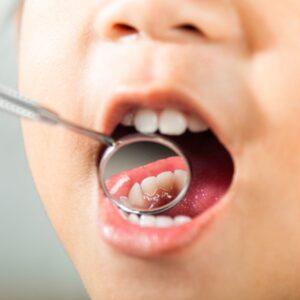
As children grow and develop more independence, they should begin to take responsibility for their own dental care under parental supervision. Establishing healthy oral hygiene routines during this time is critical for preventing cavities.
Brushing:
- Children should brush their teeth twice a day for at least two minutes using a fluoride toothpaste (about a pea-sized amount).
- Help or supervise brushing until they can do it effectively on their own, usually around age 7 or 8.
Flossing:
- Children should floss once a day. Flossing can be tricky for young kids, so you may need to help them at first or use floss picks designed for children.
Dietary Tips:
- Limit sugary and starchy snacks like cookies, lollies, and chips, which can cling to the teeth and promote cavity-causing bacteria.
- Encourage drinking water, especially fluoridated water, which helps strengthen enamel.
- Offer teeth-friendly snacks such as carrots, apples, and cheese, which can help clean the teeth naturally and neutralise acids.
Regular Dental Visits:
- Children should visit the dentist regularly (every six months) for cleanings and check-ups to monitor their oral health. Your dentist may also recommend sealants—thin coatings applied to the chewing surfaces of back teeth to protect against decay.
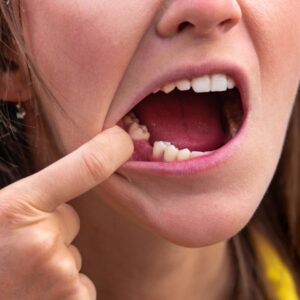
Teenagers face new challenges when it comes to preventing cavities. Busy schedules, braces, and a tendency to snack on sugary or starchy foods can increase the risk of cavities. Teens may also experience an increase in oral bacteria as hormones change during adolescence.
Brushing:
- Teens should brush their teeth twice a day using fluoride toothpaste. Make sure they’re brushing all surfaces of their teeth, including the backs and chewing surfaces.
Flossing:
- Flossing once a day is essential for removing plaque between the teeth. Teens with braces may need special flossing tools, such as threaders or water flossers, to get around the brackets and wires.
Dietary Tips:
- Encourage healthy snacking habits. Sugary drinks like fizzy drinks and sports drinks are major contributors to cavities in teens, so advise them to drink water or milk instead.
- Teens often snack on the go, so provide portable, healthy options like nuts, fruits, and yogurt.
Regular Dental Visits:
- Maintain regular dental checkups. Teens with braces may need more frequent cleanings to ensure proper care around the brackets and wires.
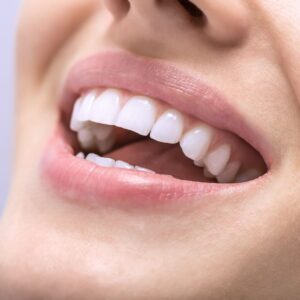
Adults are still susceptible to cavities, especially as gums recede and expose more vulnerable parts of the teeth. Good oral hygiene and dietary habits should continue to be a priority in adulthood.
Brushing:
- Brush your teeth twice a day for two minutes with fluoride toothpaste. Electric toothbrushes are often more effective at removing plaque for adults.
- Make sure to brush along the gumline and behind your molars, areas that are often missed.
Flossing:
- Floss daily to remove plaque and food particles from between your teeth and under the gumline.
- Consider adding an antibacterial mouthwash to your routine to reduce plaque buildup and bacteria.
Dietary Tips:
- Limit sugary and acidic foods and drinks, such as lollies, fizzy drinks, and citrus fruits, which can erode enamel over time.
- Drink plenty of water throughout the day to keep your mouth hydrated and help wash away food particles.
Regular Dental Visits:
- Continue visiting the dentist for regular checkups and cleanings. Your dentist can identify early signs of cavities and provide fluoride treatments or other preventive care.
- Consider getting dental sealants or fluoride varnish as extra protection against decay, especially for back teeth that are harder to clean.

As you age, maintaining oral health becomes even more important to prevent cavities, gum disease, and other issues. Dry mouth, a common condition in seniors caused by medications or health conditions, can increase the risk of cavities.
Brushing:
- Seniors should brush their teeth twice a day with fluoride toothpaste. Electric toothbrushes can be helpful for those with arthritis or mobility issues.
Flossing:
- Floss daily or use interdental brushes to clean between teeth.
- If you have dentures or partials, clean them thoroughly every day to prevent bacteria buildup.
Dietary Tips:
- Drink plenty of water to counteract dry mouth and promote saliva production, which helps protect teeth from decay.
- Eat a balanced diet rich in calcium and vitamin D to maintain strong teeth.
Regular Dental Visits:
- Continue regular dental visits for cleanings and check-ups. Your dentist can recommend strategies to combat dry mouth and prevent cavities in older age.
Conclusion
Cavity prevention is a lifelong effort that requires good oral hygiene habits and a healthy diet at every age. By brushing, flossing, making smart dietary choices, and visiting the dentist regularly, families can protect their teeth from cavities and maintain healthy smiles throughout their lives.
Book in now to secure your spot and take the first step towards a healthier, brighter smile!
Read more of our related articles here.
